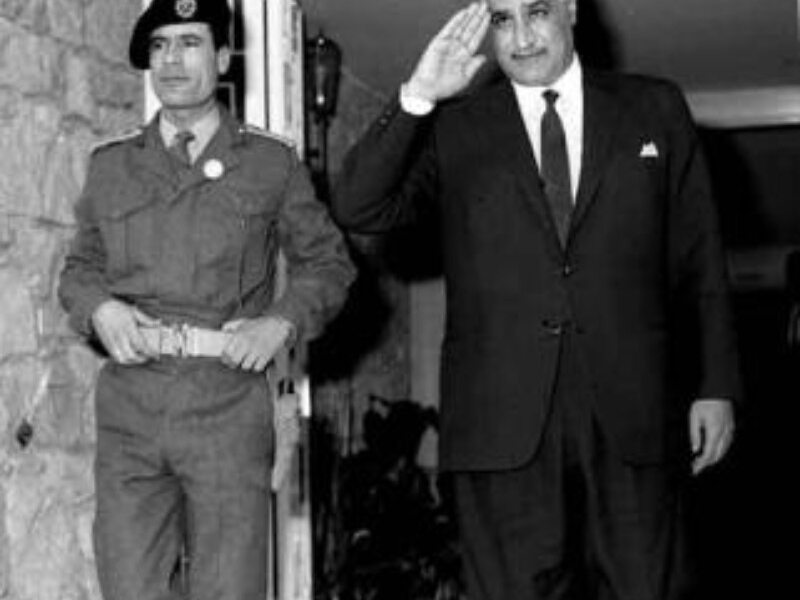
Coups are usually associated with Third World countries, but they have also occurred in countries generally considered “civilized” and characterized by a high political culture. Do you know these events?
Quiz: Assassinations, Coups, Juntas, Revolutions
Quiz:
Coups, coups, juntas. How did they take power by force?
More:
Butcher from Uganda
Idi Amin was born in 1925 or 1928 (exact date unknown) in the town of Koboko in northwestern Uganda, then a British colony. He attended school in Bombo, but his studies were poor. He had difficulty learning English. He dropped out of school and engaged in various types of work.
When he was about 20-21 years old, he joined the King's African Rifles (KAR), the British colonial army. At first he worked as a cook, but quickly attracted the attention of the military. He was tall (193 cm tall) and well built. From the kitchen, he was transferred to the troops sent to the front. On the orders of the British, he, among other things, suppressed the Mau Mau rebellion in Kenya and fought against the Somali insurgents. For his service he was promoted to lieutenant (the highest rank for blacks in the KAR). He was the second indigenous Ugandan to attain the rank of officer.
In the 1950s and 1960s, Idi Amin trained extensively, mainly in rugby, swimming and boxing. He was the Ugandan lightweight boxing champion.
Also read:
Go Amen. The funny and scary butcher of Uganda. The self-proclaimed “Last King of Scotland”
When Uganda gained independence in 1962, Idi Amin was still serving in the army. He remained there even after the liberation of the country. As a major, in 1965 he was appointed commander of the Ugandan army, and five years later – commander of all armed forces.
In 1965, Idi Amin and Prime Minister Milton Obote were charged with smuggling ivory and gold from the Democratic Republic of the Congo to Uganda. Many politicians began to demand an investigation. Then Obote and Amin responded in advance: they overthrew the monarchy, dethroned the king and the first president, Mutesa II. Idi Amin took control of the army and Obote soon became the country's president.
The collaboration between the two men with dictatorial tendencies was short-lived. Obote felt threatened because Amin was building his strong party in the army (eg he recruited many Sudanese into the Ugandan army who were only loyal to him). Amin Obote himself was increasingly disliked. He was the one who claimed to be the ruler of all of Uganda. In 1969, Amin made an unsuccessful attempt on the life of Milton Obote. In response to this action, Obote announced Amin's demotion and took control of the army.
More quizzes:
Also read:
Test: Match a date with an event. are you wrongAlso read:
Quiz: Polish prime ministers of the 20th century. Who were they? How many of them were there?Also read:
Quiz: Match the ruler with the country he ruled. This will not be an easy task
(translate tags)quiz pools
